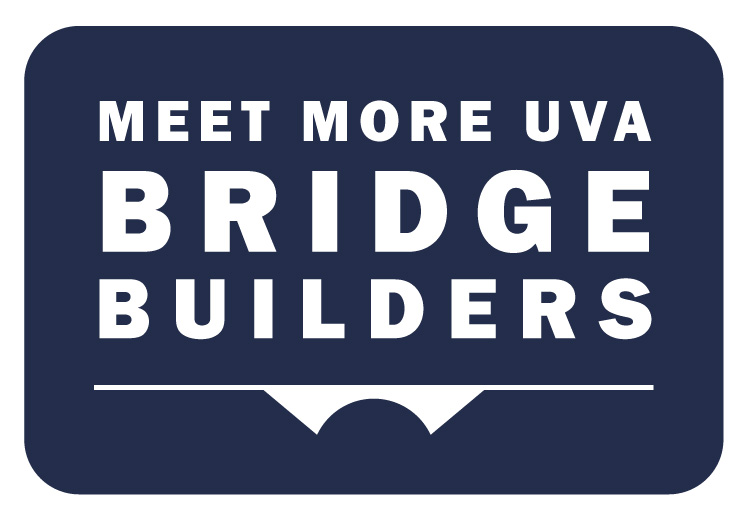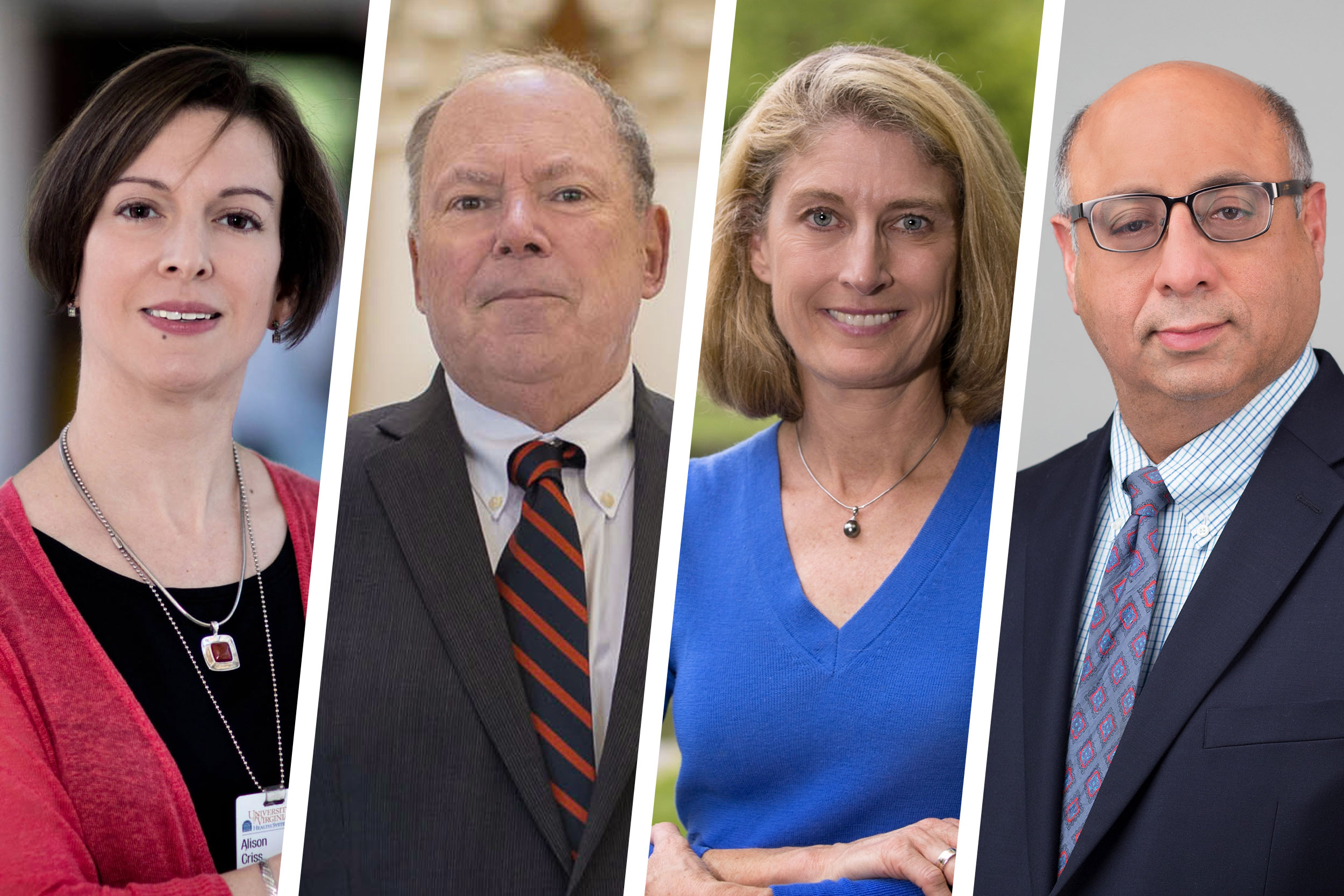In recent years, the University of Virginia has established four multidisciplinary institutes designed to tackle some of society’s most pressing challenges from multiple angles: the Data Science Institute, the Brain Institute, the Global Infectious Diseases Institute and the Environmental Resilience Institute. Each focuses in detail and broadly on target areas of study, but they also collaborate – sharing ideas, members and resources where interest areas overlap.

Now, in partnership with UVA’s Office of the Vice President for Research and the Office of the Executive Vice President and Provost, the four institutes are kicking off a Building Bridges Lecture Series for the University community.
The inaugural seminar, “Advancing the Practice of Transdisciplinary Research: Disasters, Bio-Threats, and Social Behavior,” will be held Monday from 4 to 5 p.m. in the Rotunda’s Dome Room.
The speaker is Madhav Marathe, a division director at the UVA Biocomplexity Institute and Initiative and a professor of computer science in the School of Engineering and Applied Sciences. With colleagues at the Biocomplexity Institute and Initiative, Marathe’s research is on the cutting edge of network science, advanced simulations, computational epidemiology and socially coupled system science. He and his colleagues have applied their research to global threats, such as pandemic flu.
Marathe will discuss the successes and challenges of this trans-disciplinary approach and offer examples of how to remove traditional institutional barriers to achieve hard-to-make breakthroughs.
“When researchers from disparate disciplines focus on a common societal problem or need, possibilities for innovation and solutions to some of the most challenging aspects become possible,” Melur K. (Ram) Ramasubramanian, UVA’s vice president for research, said. “One of the challenges in pursuing interdisciplinary research is the lack of opportunities to learn about the capabilities of fellow faculty members. The intention of the Building Bridges Lecture Series is to provide an opportunity for faculty discovery and to plant the seeds for future collaboration through informal peer-to-peer interactions.”
Alison Criss, director of the Global Infectious Diseases Institute and a professor of microbiology, immunology and cancer biology, fielded some questions about the seminar series for readers of UVA Today.
Q. How did the idea to start a Building Bridges Lecture Series come about, and what do you expect to accomplish by holding periodic seminars?
A. The four pan-University institutes share the mission of catalyzing cutting-edge interdisciplinary research at UVA. At one of our regular meetings, the institute directors (Phil Bourne, Karen McGlathery, Jaideep Kapur and I) raised the idea of a lecture series, featuring amazing research that could only have happened when multiple fields converge.
This fits well with President Ryan’s goal of “building bridges” – here, bridges between disciplines. Our goal is for this series to showcase to the UVA community what can happen when researchers from different fields make the commitment to tackle large, multi-perspective societal problems.
Q. Why is research more cross- and multi-disciplinary than ever?
A. The big, complex problems that we as a society are experiencing in the 21st century – like water security, global pandemics, understanding global investment flows and aging-related cognitive impairment – require large scale, multi-investigator teams to address. By enabling researchers to work together using their complementary expertise, the team synergizes to achieve something that no one person can do.
Q. Do you find that faculty and students are open to talking with people outside of their own areas of focus?
A. Absolutely, and the institutes enable this by bringing together faculty and students on topics of shared interest, even if their areas of expertise and educational background are very different. We work hard to build on those positive encounters to seed new research teams and give them the tools to thrive. Students are especially excited to get a broader perspective on their research topic and are key members of these teams.
Q. How else are the four institutes working together?
A. We quickly realized that there is obvious overlap between the research thrusts of each of the four institutes. We have capitalized on that by co-hosting working groups on areas of intersection between our institutes and jointly supporting student training activities.
The associate directors of the institutes work closely together and with the Office of the Vice President for Research to develop best practices for interdisciplinary research at UVA. We plan to host workshops and other interactive events in conjunction with future Building Bridges Lectures as a way to continue the conversation from the seminar.
Lastly, we meet regularly to discuss the opportunities and challenges of interdisciplinary research, since it involves changing culture, which is the hardest of all we wish to accomplish.
Q. What other subjects do you expect to cover in future seminars?
A. We will focus on compelling topics that engage a broad swath of the UVA community, like the impact of a changing climate on health, mapping the developing brain, and data ethics in an increasingly online world. We welcome suggestions from the University community.
Media Contact
Article Information
March 21, 2019
/content/new-lecture-series-celebrates-successes-interdisciplinary-research

